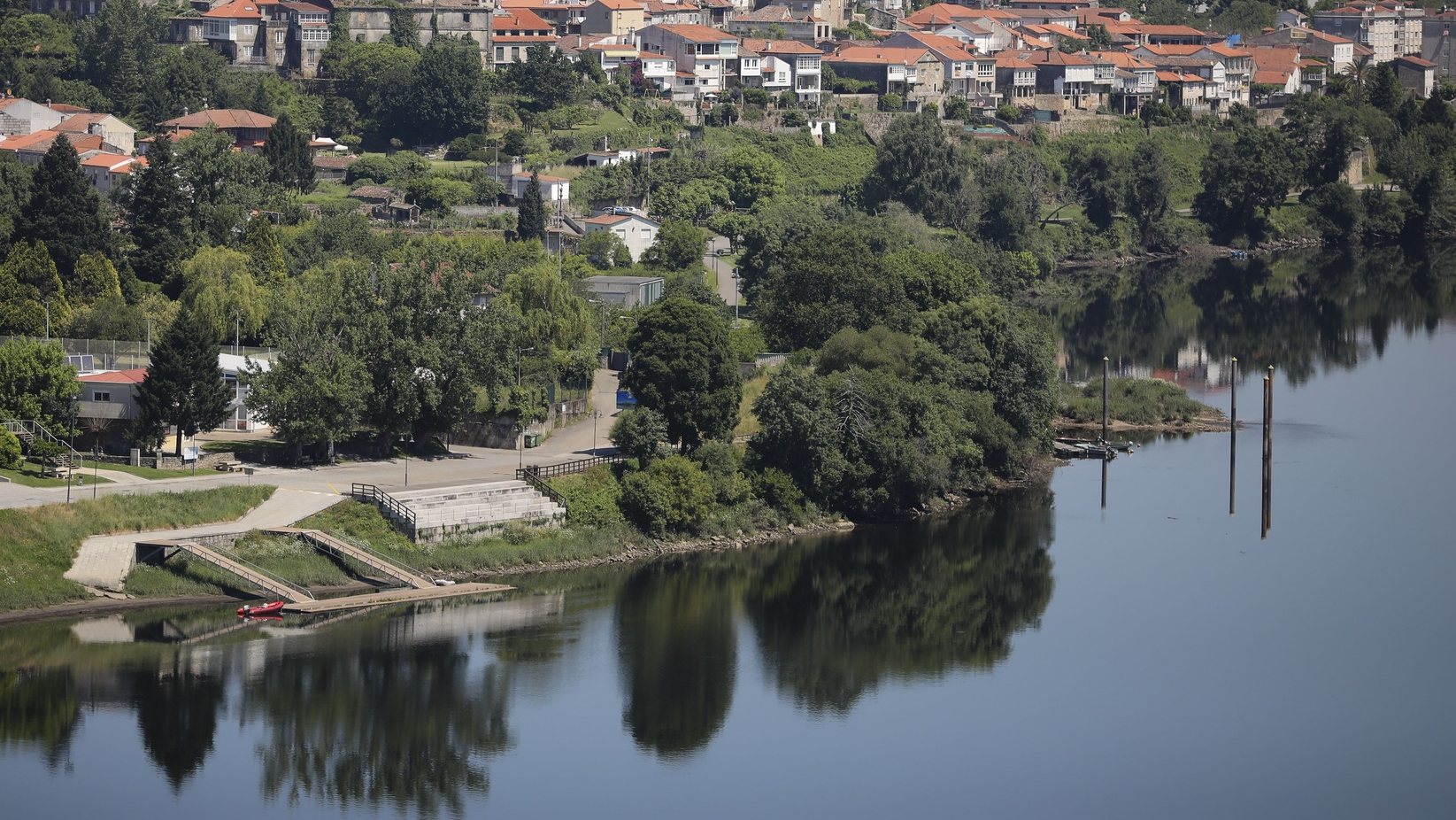The University of Aveiro (UA) and the Palombar Association, based in Vimioso, in the district of Bragança, will implement the Soil@INT project to mitigate and monitor the effects of climate change in the interior of the country, it was announced this Monday.
According to the project manager, Rita Tinoco, from (UA), Soil@INT emerged as a result of several ongoing projects in the Côa Valley, which involved the coordination of members of different groups from the University of Aveiro/CESAM — Center for Studies of the Environment and the Sea”
The researcher stated that The field experience allowed us to identify one of the structural problems recognized in the territory, which could influence the main agricultural and forestry activities and the natural capital of the region.: the loss of basic soil functions due to desertification and the current and future increase in aridity in the Côa Valley.
Thus, the Soil@INT-Solos do Interior project will promote follow-up actions on the ground to mitigate the effects of climate change and Its main objective is to develop a soil health monitoring network to increase the climate resilience of natural resources..
As part of this project shared between several entities, a soil health monitoring network will be developed in the interior of the country, based on the integration of remote sensing data and ecological indicators. in the placeto produce models that facilitate the creation of soil monitoring routines at different scales in space and time.
“It is also a central objective to provide the intervention area with tools to maximize the ecosystem services and climate resilience of its natural capital,” indicates the Palombar Association, in a note sent to Lusa.
The Soil@INT project has two central pillars of action, the first of which involves the development and implementation of a solid environmental monitoring system.innovative, accessible and spatially delimited, while The second adds the promotion of literacy about soils, their functioning and importance for the region.through awareness-raising, qualification and training of local agents and the population in general.
“The first seeks to generate regional scientific knowledge about the functioning of soil ecosystems at different scales, through the integration of robust ecological indicators and remote sensing and artificial intelligence technologies. With the second, the objective is to provide the territories with tools capable of autonomously valuing natural capital and endogenous resources in the medium/long term,” explains the group of researchers in the same note.
This project aims intervention area the municipality of Figueira de Castelo Rodrigo, in the district of Guarda (case study), but it is also intended to be implemented in the municipalities of Alfândega da Fé, Almeida, Freixo de Espada à Cinta, Miranda do Douro and Mogadouro, in the district of Bragança, and Pinhel and Sabugal, also in the district of Guarda .
The project is coordinated by the UA, in collaboration with Palombar – Conservation of Nature and Rural Heritage, the National Laboratory of Energy and Geology, Faia Brava – Association for the Conservation of Nature and the municipality of Figueira de Castelo Rodrigo, explains Palombar.
This initiative is financed by BPI – “la Caixa” Foundation, more specifically by the PROMOVE program, aimed at energizing the inland regions of Portugal.in alliance with the Foundation for Science and Technology, and will be implemented in the period 2023-2026.
Source: Observadora
